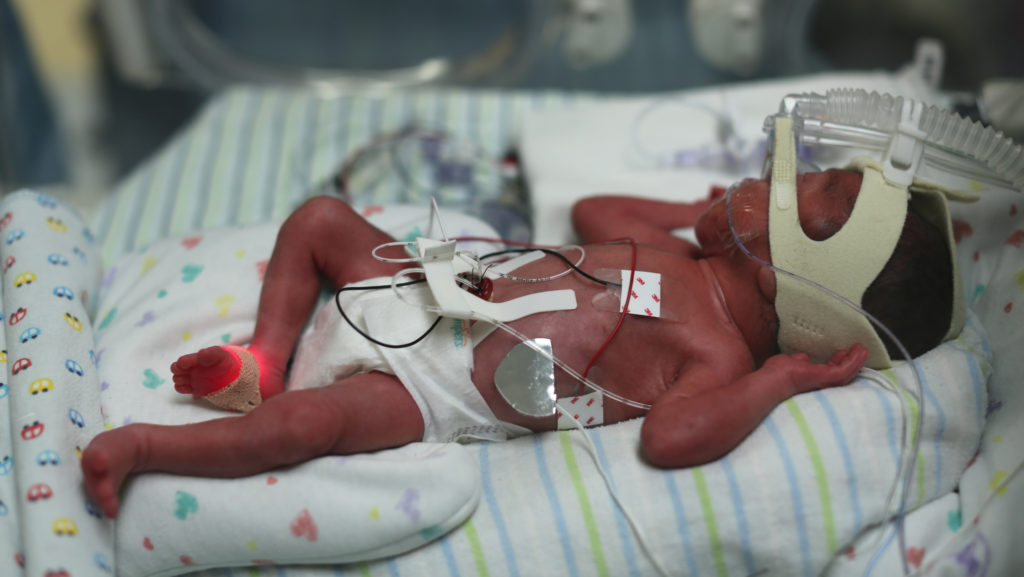
Written by: Dr. Devyani Chowdhury
Board Certified Pediatrician and Board Certified Pediatric Cardiologist
Congenital heart defects are defects in the development of the heart. These defects are as common as 8 children born with a defect per 1,000 live births. Approximately 1% of children may be born with congenital defects in the heart; half of which will require some treatment. About 25% of these defects are critical and require an intervention in the first month of life. Some can spontaneously get better.
50% of major congenital heart defects can be detected with a fetal ultrasound of the heart. Some of these defects may be so critical that they require the baby to be born in a facility that can offer urgent cardiac interventions.
At birth, your baby’s oxygen level is checked. If the oxygen level is low it maybe indicative of a congenital defect in the heart. All babies in the State of Pennsylvania are required to have the oxygen level checked at birth.
Congenital heart defects can be treated by heart surgery or at times by performing a procedure like ballooning of the heart valve in the cardiac catheterization laboratory. Survival after interventions for simple heart defects is close to the normal population. The children with single ventricle are among the most complex and the overall survival of patients may be less than the general population.
A baby may present with poor feeding, low oxygen levels, breathing difficulty or poor weight gain as a sign of having a congenital heart defect. An older child would present with a heart murmur, or passing out, or symptoms with exercise. If there is any concern, it is important to discuss this with your family doctor.
Some congenital heart defects can run in families, such as problems with the left side of the heart. In certain genetic conditions, such as Down Syndrome, there is a greater probability of having heart defects. If your child is diagnosed with a genetic condition, it is important to check with your doctor to determine if there are any associated heart defects with the condition. Sometimes maternal use of medications or illnesses in mother, such as Rubella, can cause congenital heart defects. Although there are many probable reasons for a child having a congenital heart defect, it is difficult to pinpoint the exact reason why a child has a congenital defect.
If your child is diagnosed with congenital heart defect it maybe helpful to connect with other families with children with heart defects or with support groups. There are many resources available and remember that you are not alone.

